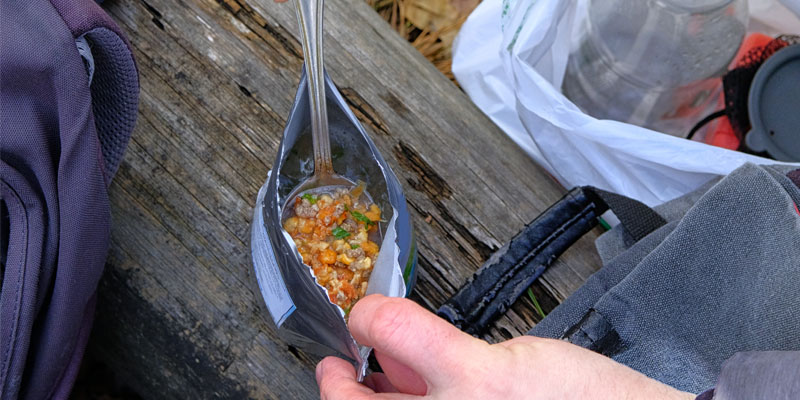Better Websites to own 2025
Jun 11, 2025

Now that you’ve freeze dried your food supply, what’s next? Eating! But if this is your first time to freeze dry, your question is going to be about how to rehydrate freeze dried food
Commonly we use a 1:1 ratio for rehydrating. So for every cup of freeze-dried food, you use 1 cup of water. This can change, though, depending on the type of food you’re rehydrating. The environmental conditions and the state of the freeze-dried food can also affect this rule.
Fruits and vegetables don’t need rehydration because they’re good for eating out from the bag. Also, some experience challenges in rehydrating for the first time. Here are two ways to help you rehydrate them if you need to reconstitute them before eating.

The 1:1 rule sticks for rehydrating freeze-dried meat, especially if you’re saving on water. But you can add more if necessary, even more, if you’re reconstituting raw meat.
You might need to adjust if you’re rehydrating shredded or ground meat. Others say they used less because too much water turned their meat into mush. Especially if it’s cooked. You need to check if the meat’s already reconstituted before adding more. Be extra careful with shredded chicken because it soaks water like paper towels.
You should start with cold water for raw meats that you’re about to cook. This prevents your food from getting overcooked.
For cooked meats, then use warm or hot water. So when it’s done, you got yourself a warm meal ready to satisfy your hungry stomach.
This is one of the common questions on how to rehydrate freeze dried food. You can certainly use broth to add more flavor to your meat. You may have to adjust the seasonings later, especially if the broth you’re going to use is already tasty.
Yes, you can use your favorite wet marinade recipe to rehydrate your freeze-dried food. You don’t need to soak the food in water and then marinade it. Instead, just put your food in the marinade, and it will absorb it like a sponge. Remember to add more water so that the food won’t end up too seasoned that you don’t know what on earth you’re eating.
That would depend on how you’re going to cook it. If you’re going to cook your freeze-dried food dry (ex: stir fry, grill, barbecue, broil), you definitely should. But if you’re going go cook it in liquid, there’s no need. You can add it as is when you’re cooking food with sauces and soup. Just add more water than the recipe calls for. The same goes when you’re going to use it for baking.

If you’re going to rehydrate freeze dried meal from a pack, it’s best to follow package instructions. Some brands say you just need to add hot water, wait for several minutes, and you’re good to go. Others require you to boil or simmer the food before you can eat it.
But what if you’re going to reconstitute meals you freeze-dried yourself? The safest route to follow would be to follow the 1:1 ratio. Or you can start with less, then add a bit more if you feel the food is still on the dry side.
Several factors can affect the rehydration time. One is the water temperature. Rehydrating freeze-dried food in cold water takes longer, sometimes even overnight. Warm and hot water results in faster reconstitution, about a maximum of 30 minutes.
Fruits and veggies (which typically need no rehydration) will take 5-10 minutes to rehydrate. Raw meat can take 30 minutes to 3 hours and even overnight in the fridge.
Size and shape can also affect rehydration time. Big cuts of meat need a longer time, while cubed, shredded, or ground meat needs several minutes to an hour.
For powdered freeze-dried food, rehydration happens almost instantly. Having
If you’re concerned about how to rehydrate freeze dried food, we have one piece of advise: experiment. The good thing about freeze-dried food is that it’s fun to learn about it along the way. Don’t worry, you won’t be wasting food. You can still eat it even if you went overboard with rehydration.
Got questions about how to rehydrate freeze dried food? Let us know in the comment section.
Also, if you haven’t, please follow our Freeze Dried Guide YouTube page. We’ll share tips, tricks, reviews, and even answer common questions you have about freeze-drying.